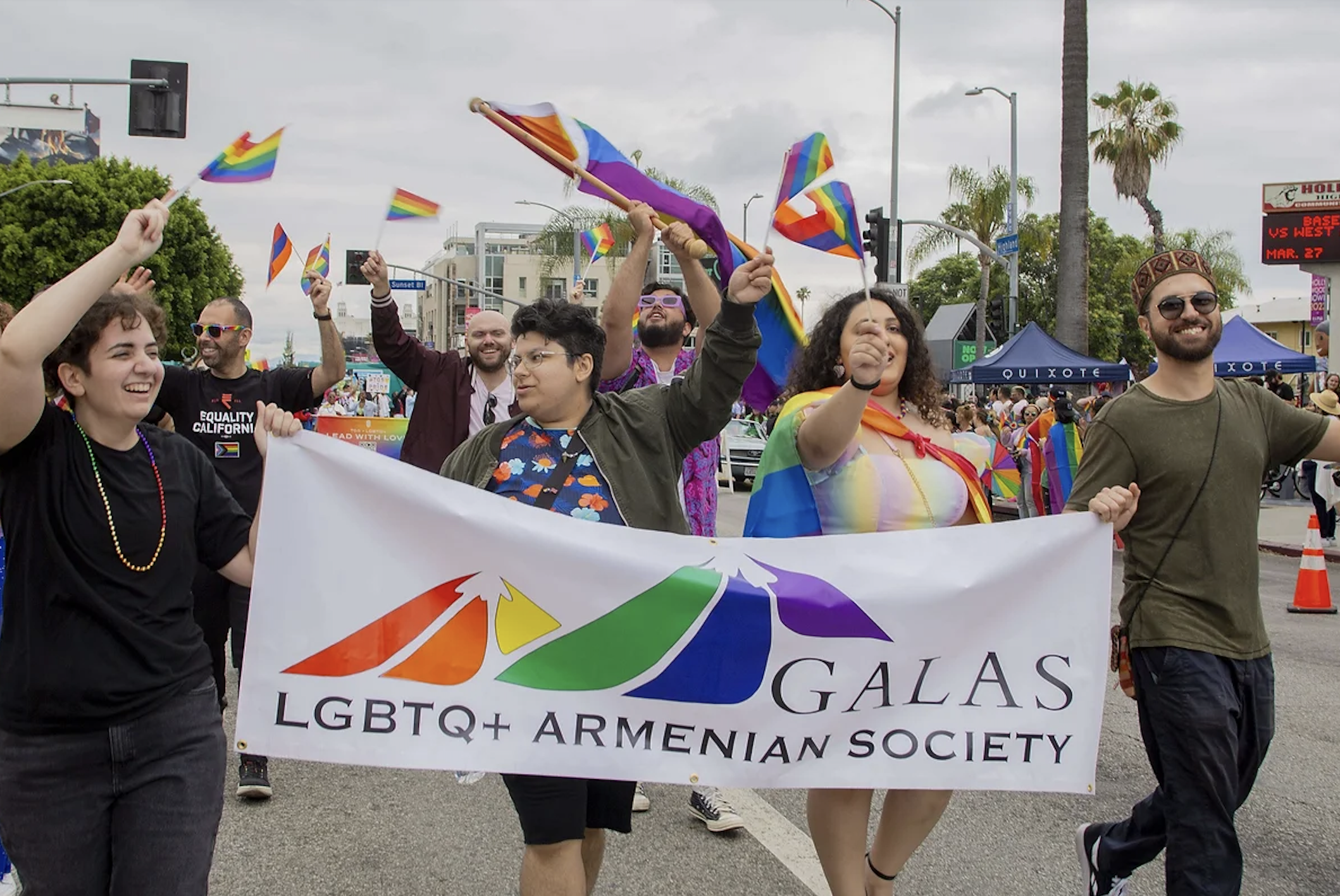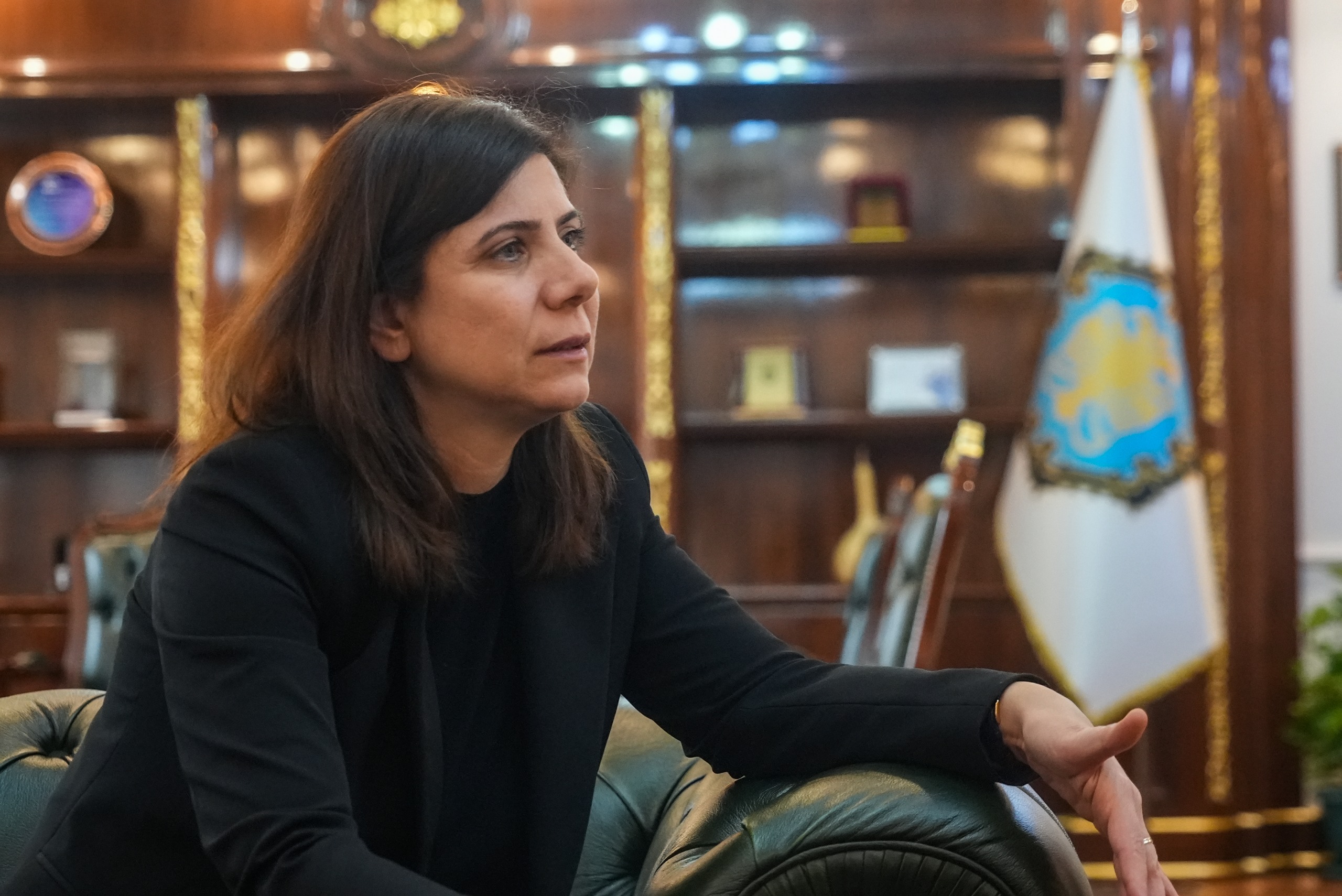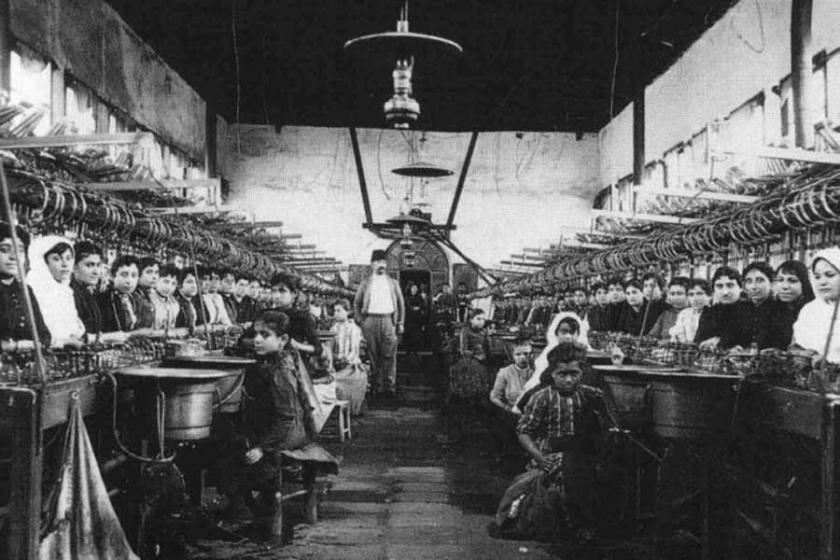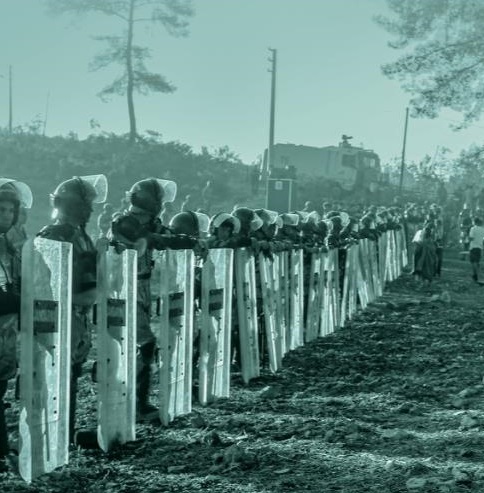During June, we witnessed Pride Marches in many parts of the world, some of them could be held and some of them couldn’t be done. These marches contain numerous stories and experiences. The story of LGBTQ+ people who had to become immigrants comes to mind. Lia, from the GALAS LGBTQ+ Community established in Los Angeles, talked about the difficulties faced by queer Armenians in addition to being queer as an immigrant.
DENİZ KAYA
When was GALAS founded and what was the need?
Approximately 40% of the Armenian diaspora lives in Los Angeles. GALAS was founded in 1998 by a group of Armenian LGBTQ+ people in Los Angeles who needed friendship, support and a sense of community. Since then, it has been one of the leading voices in the struggle for equality for Armenian LGBTQ+ people around the world. GALAS currently has around 2000 members. It continues to maintain contact with many LGBTQ+ communities in Armenia, such as Pink Armenia, and support their struggles. The events and marches we organize are now attended not only by Armenians, but also by local Americans, immigrants, and even officials.
So, can you talk about the problems queer people experience in the USA?
Our biggest problem right now is that the public school curriculum is not LGBTQ+ inclusive. There was even a protest in Los Angeles to draw attention to this. Half of the protest community was made up of GALAS. I would like to say that another problem we have is the language barrier. The main language spoken by the parents is Armenian, while their children are more fluent in English. Since some terms related to LGBTQ+ do not exist in Armenian, parents have problems communicating with their children, even if they are not prejudiced on this issue.
You mentioned that there was a protest to improve the school curriculum...
A few months ago, there was tension in Los Angeles over whether there should be LGBTQ+ representation in the curriculum. Misinformation about the curriculum was also being spread. Some parents even thought that their children were given physical hormone therapy in schools and that their children were therefore LGBTQ+. We can say that false information is also spread about GALAS. When protests were held about this, about 50% of the participants were from GALAS. Seeing this, some far-right groups even chanted "Go back to Armenia". But fortunately, elected officials in our city and state are sensitive about protecting the rights of LGBTQ+ people and take initiatives to reduce the difficulties experienced by LGBTQ+ people and increase queer awareness.
You said that you also cooperate with people from other parts of the world, especially the Middle East. What kind of collaborations are these?
In fact, we gather with people who have come from similar places or experienced the same problems and look for solutions to our problems together. Because the people who immigrated here, including us, did not come to America suddenly and forget their traditions. They continued to have the ideas they received from there for a long time here. The first people they contacted here were those who had migrated from similar places. Many of our traditions are similar. Therefore, many of our problems and the solutions to these problems are similar to each other. We understand the people who have experienced similar pain as us. For example, we also participate in Palestinian protests here.
Can you compare LGBTIQ+ rights in Armenia and the US?
In Armenia, homosexuality was decriminalized in 2003. But while the US has anti-discrimination laws, Armenia does not. This makes it impossible to take legal action against hate crimes in Armenia. If LGBTQ people are discriminated against in the US, it is not as bad as in Armenia. They have basic rights. It should be noted that LGBTIQ+ people in the US also suffer from high rates of psychological problems, discrimination at work, abuse, and difficulty finding a place to live. Some Armenian families here still think that LGBTQ+ is a Western fashion. So far, there has never been a pride parade in Armenia. By participating in the pride parade in West Hollywood and Hollywood, we annouce once again that LGBTQ+ people in Armenia and around the world need to feel safe.
What is our role in defending international LGBTIQ+ rights and strengthening solidarity?
There are many marginalized groups in society. We do not believe that we can be liberated until all of these people are free. This is possible by eliminating system-based problems together and not turning a blind eye to discrimination against anyone. The liberation of queers is one of the important steps towards solidarity. Steps taken in one place can inspire people's struggle for rights in another part of the world. Of course, our struggle in Los Angeles should be analyzed in relation to the struggles of other marginalized people. When we support the struggles of immigrants, people with disabilities, people who are subjected to sexism and racism, we are supporting the LGBTQ+ struggle. We can take steps to change patriarchal, nationalist and capitalist systems. We can learn about the issue ourselves and enlighten our environment. We can make sure that at least one more friend is informed about the issue.





